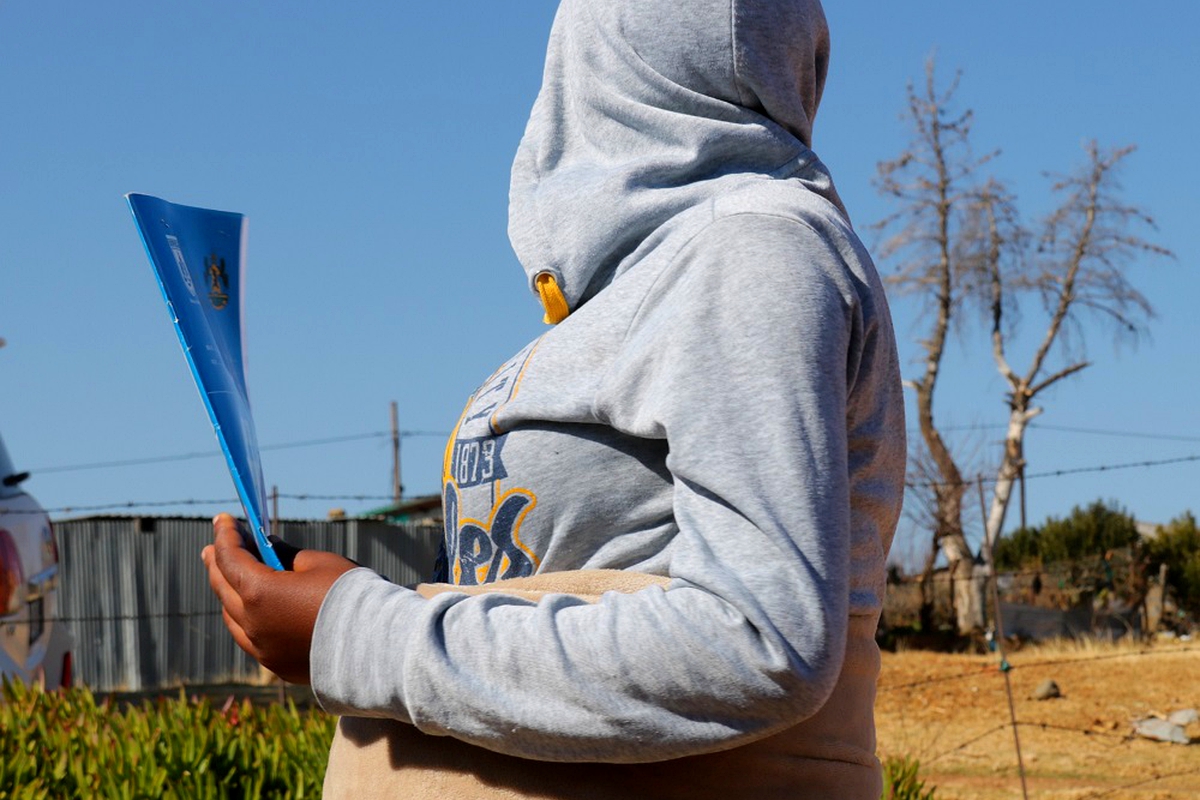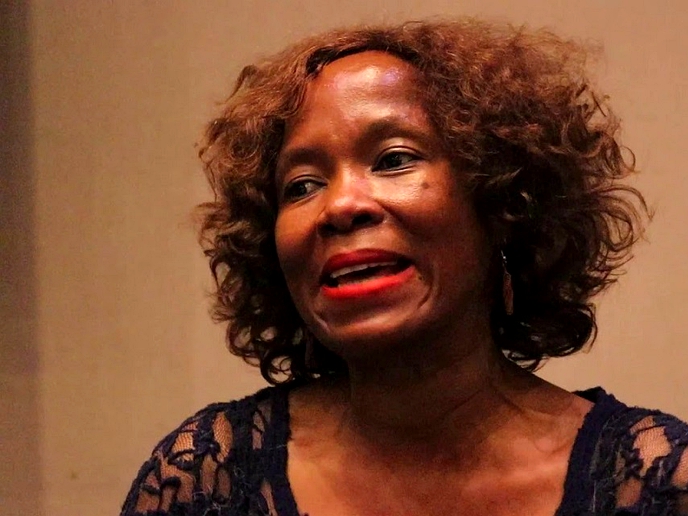YOUNG people have a right to sex education that gives them information and skills they need to stay safe and healthy, says Tšepiso Molebatsi, a young Leribe resident who has taken part in a community programme called - ‘Abstinence Only Until Marriage’ that advocates for monogamous and heterosexual marriage.
health
May 16, 2022
LINEO MABEKEBEKE
2 min read
Abstinence is a choice

A pregnant teenager
Story highlights
“Withholding critical health information from young people is violation of their rights,” she told Maseru Metro. “While abstinence is theoretically effective, in actual practice, intentions to abstain from sexual activity often fail.”
Ms Molebatsi, 23, said abstinence was the appropriate and only certain way to avoid unwanted pregnancies and sexually transmitted diseases.
“Our community has realised that teenagers fail to use condoms or other forms of contraception when they start to have sex,” she said. “It’s unlike their peers in urban areas, who have routine access to contraceptives education and counseling.”
Ms Molebatsi said promoting abstinence until marriage was the best option for young people and the only way to guarantee protection against sexually transmitted infections (STI’s) as it avoids all types of intimate genital contact.
“Peer pressure can sometimes make it hard to abstain but anybody can practice abstinence no matter their age, gender, sexuality or sexual experiences,” she also said.
The State of the World Report 2022 of the United Nations Population Fund (UNFPA) says abstinence from sexual activity is considered by many to be a “fail-safe” method of controlling fertility.
The report said this is not true in the case of rape or coercive sex, which can be widespread in some places and circumstances such as humanitarian crises.
“But even among those who do not experience coercion or violence, abstinence can be ineffective if it is not reliably practiced,” the report said.
More generally, it said, “abstinence-only” education is often promoted as a way of preventing sexual contact among unmarried young people. Yet, programmes promoting abstinence-only are found to be ineffective in delaying sexual initiation, reducing the frequency of sex or reducing the number of sexual partners.
Enjoy our daily newsletter from today
Access exclusive newsletters, along with previews of new media releases.
Numerous studies have found that women with more education have less risk of having unintended pregnancies compared to women with fewer years of education. Women with primary and secondary education are respectively 26 and 29 percent less likely to have an unintended pregnancy than women with no education.
Historically, concerns about unintended pregnancy have been attached to marital status, where pregnancy outside of marriage has long been considered scandalous, a norm that persists across cultures and religions.
While marital status offers no direct protection against unintended pregnancy, one might assume that the stigma and negative repercussions of unmarried, unintended pregnancy produce a deterrent effect, with some studies finding unmarried women to be at a higher risk.






